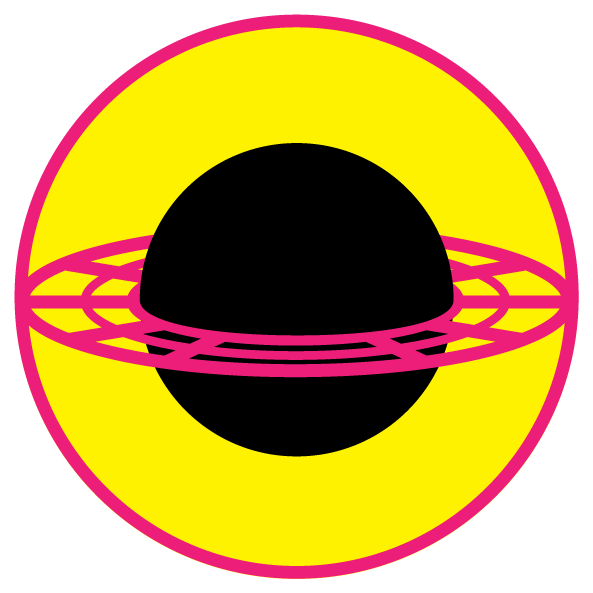space + pixels
nobody to see
very last stop
The Solar System (20 July 2019)
Planets, satellites, comets, asteroids. Mysterious space bodies or kinetic collision junk?
From 2005 UR at 0.27 A.U. to Eris at 96.0 A.U., explore 772,063 places and objects in our solar system as they are positioned on 20:18 UTC on 20 July 2019. If you want to see the layout on another date, try the Cosmic Calendar.
None of the scaling is linear—a mix of log and power scaling is used. The region of the asteroid belt at around 2.4 AU and the Kupier belt at around 40 A.U. is expanded.

Click on one of the tabs below to select a list of hotspots for quick navigation. Some lists may take 5—10 seconds to load. Use the toolbar at the bottom of the map to apply filters and select lists.
Planets and Satellites
The planets list has 39 entries.
Initial map viewport is centered on Jupiter.
